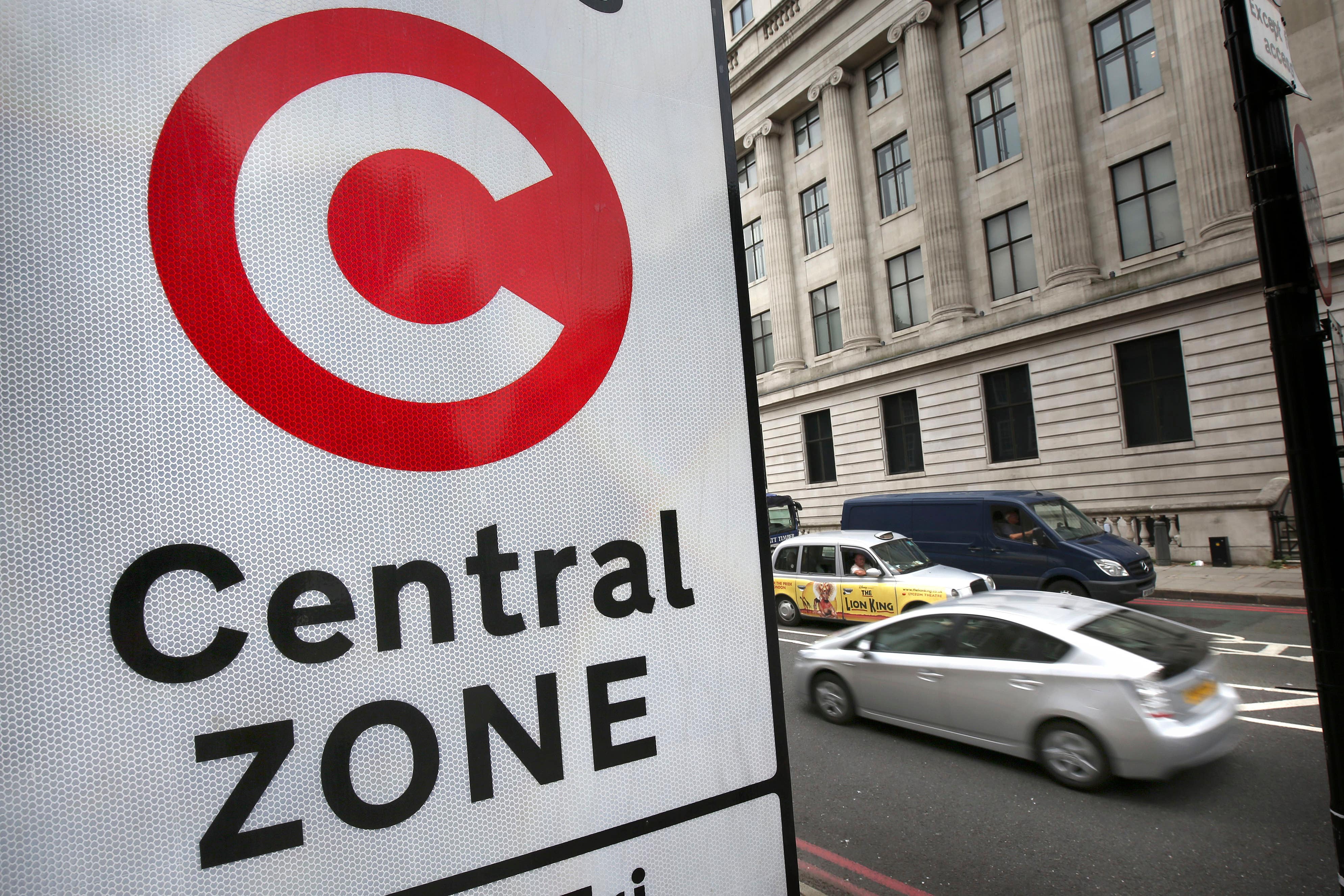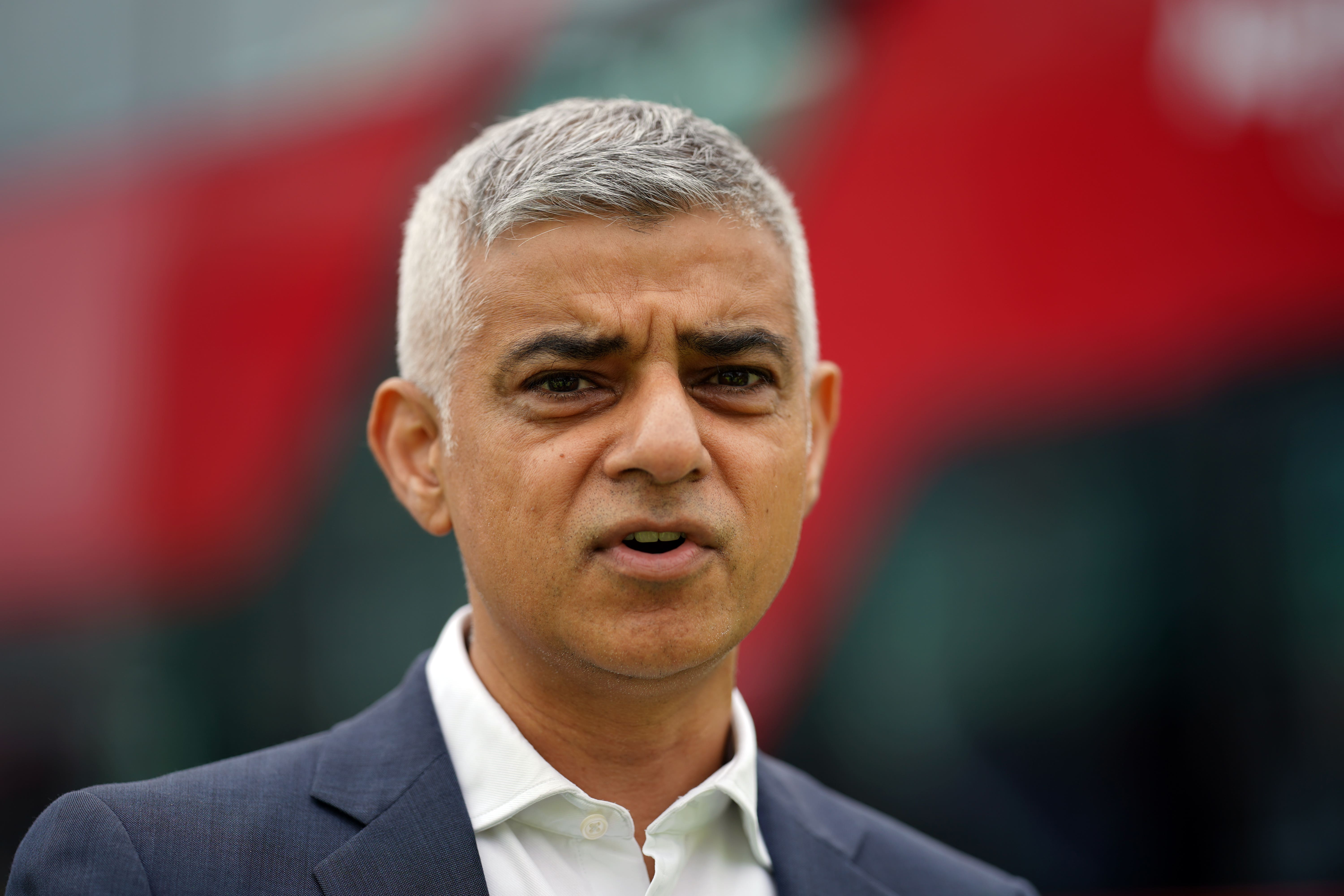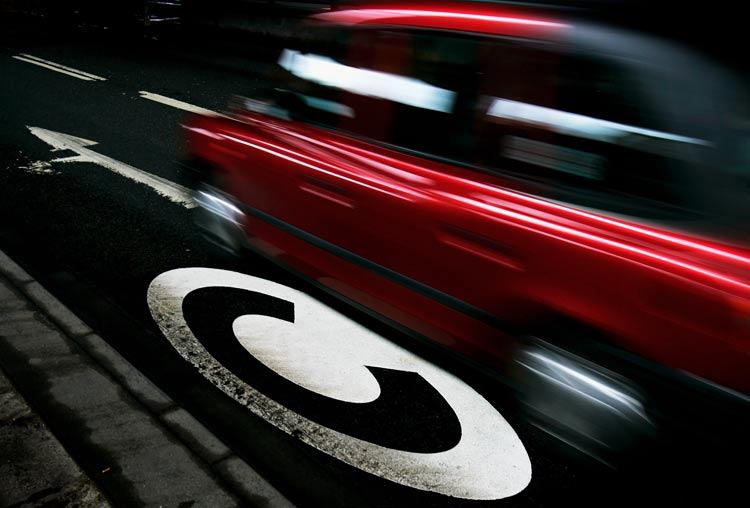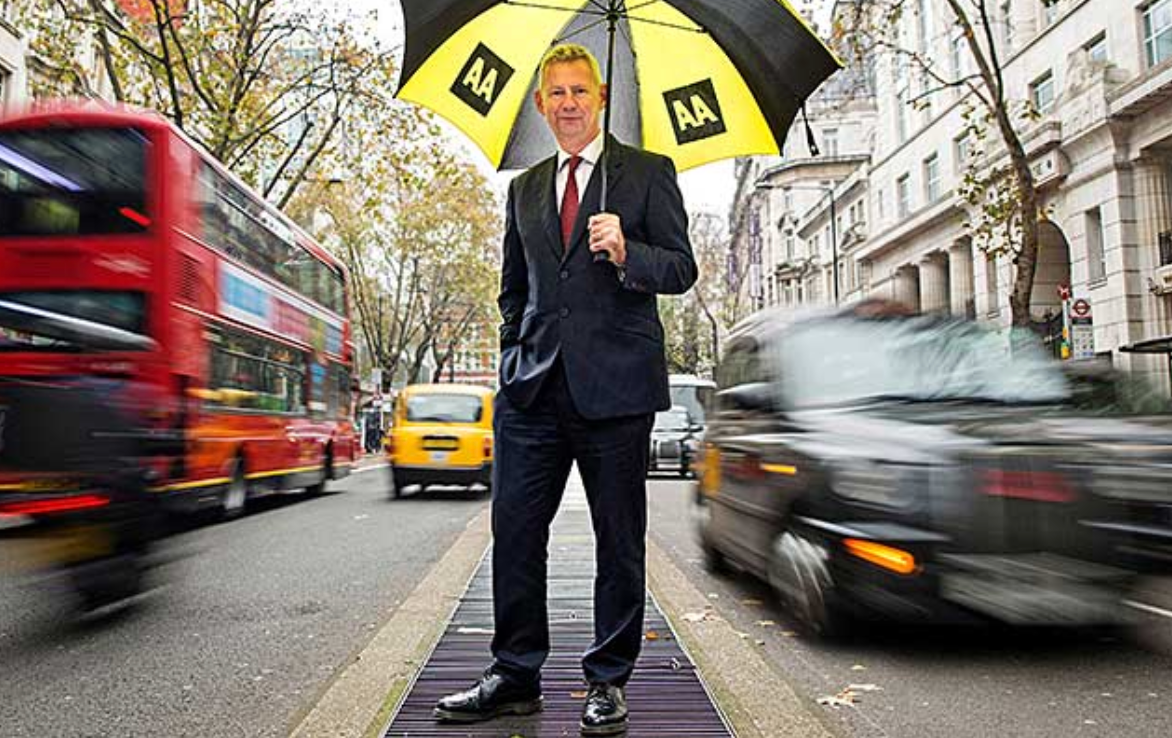- Cars
- Electric Vehicles
The London Congestion Charge will rise to £18 from January, with EV owners also having to pay £13.50 – here’s what the new rates, discounts and deadlines mean for drivers
Steve FowlerElectric Vehicles EditorFriday 21 November 2025 09:19 GMTComments
 CloseElectric cars set to pay London’s Congestion Charge from next year
CloseElectric cars set to pay London’s Congestion Charge from next year
Get our weekly Drive Smart newsletter for motoring news, reviews and advice from EV editor Steve Fowler
Get motoring news, reviews and advice from EV editor Steve Fowler
Get our EV editor’s weekly Drive Smart newsletter
 Email*SIGN UP
Email*SIGN UPI would like to be emailed about offers, events and updates from The Independent. Read our Privacy notice
It’s a significant shift for London’s drivers and for the capital’s green agenda as Transport for London (TfL) confirms sweeping reforms to the London Congestion Charge in just a few weeks’ time.
The headlines may be around EVs having to pay the congestion charge for the first time with a £13.50 fee applying (as long as drivers register on TfL’s Auto Pay system), but all drivers will be paying more with the standard Congestion Charge also rising from £15 to £18.
The news comes on the back of leaked proposals from central government to charge a pay-per-mile tax on electric vehicles from 2028, with many accusing legislators of mixed messaging. Only a matter of months ago the UK’s Electric Car Grant was introduced to incentivise people to buy EVs with up to £3,750 off the price of some electric cars. Now EV owners are looking at the potential of new congestion charges and other tax increases.
The Congestion Charge proposals aren’t easy to understand with discounts available, late payment possibilities, deals for Central London residents and different rates for vans and trucks. Here is everything you need to know about the changes to congestion charges in London so you don’t get caught out.
EV congestion charge changes
- From 2 January 2026, the daily Congestion Charge will rise from £15 to £18 when paid on the day or in advance.
- If paying after travel, the late-payment rate will rise from £17.50 to £21.
- For the first time ever, electric cars will no longer enjoy a full exemption.
- The previous 100 per cent “Cleaner Vehicle Discount” for EVs ends on 25 December 2025.
- Residents’ Discount (90 per cent for zone residents) remains for those already receiving it before 1 March 2027, regardless of vehicle. But after that date new residents’ discount applicants will only get the 90 per cent discount if they own an EV.
- A full exemption will remain for “back-to-base” car-club EVs picked up and returned within the Congestion Charge Zone (CCZ) from the same bay.
- In setting this new framework, TfL estimates that without change the zone could see around 2,200 extra vehicles on an average weekday.
 open image in galleryChanges to London’s Congestion Charge will be coming into effect in January 2026 (PA Archive)
open image in galleryChanges to London’s Congestion Charge will be coming into effect in January 2026 (PA Archive)Why the change?
TfL says the CCZ remains a vital tool for relieving traffic pressure in central London, and that the previous exemption for EVs is increasingly undermining the scheme’s effectiveness now that electric vehicles are far more common.
As the official briefing puts it: “Without these changes, we estimate there could be more than 2,000 additional vehicles driving during operating hours in the Congestion Charge zone on an average weekday.”
For his part, Mayor Sadiq Khan said: “Keeping London moving by reducing congestion is vital for our city and for our economy. While the congestion charge has been a huge success since its introduction, we must ensure it stays fit for purpose, and sticking to the status quo would see around 2,200 more vehicles using the congestion charging zone on an average weekday next year.
“We must support Londoners and businesses to use more sustainable travel, so I’m pleased that substantial incentives will remain in place for Londoners who switch to cleaner vehicles, as we work to build a greener and better London for everyone.”
 open image in galleryMayor of London Sadiq Khan said: “I’m pleased that substantial incentives will remain in place for Londoners who switch to cleaner vehicles” (PA Archive)
open image in galleryMayor of London Sadiq Khan said: “I’m pleased that substantial incentives will remain in place for Londoners who switch to cleaner vehicles” (PA Archive)What it means in practice
- If you drive a petrol or diesel vehicle in the CCZ (7 am–6 pm Mon–Fri; 12 pm–6 pm Saturday and Sunday/bank holidays) then from Jan 2026 you’ll pay £18.
- If you drive a fully electric car registered for Auto Pay, you’ll pay £13.50. If you’re not on Auto Pay you’ll pay the full £18 (so registration matters).
- If you drive an electric van or HGV on Auto Pay: £9.
- If you live inside the CCZ and currently have the 90 per cent residents’ discount, you retain it—but any new applicants after March 2027 must have an EV to get the 90 per cent.
- Car-club users of EVs, operating ‘back-to-base’ within the zone, will be fully exempt.
- The changes mark the first rise in the Congestion Charge since its last increase in 2020.
 open image in galleryProfessional drivers driving into the C-Charge zone could pay up to £3,000 a year more from January (Getty)
open image in galleryProfessional drivers driving into the C-Charge zone could pay up to £3,000 a year more from January (Getty)What the critics say
Motoring groups and business representatives have not held back. The AA president Edmund King said: “This is a backward step which sadly will backfire on air quality in London. Our AA UK EV Readiness Index shows that many drivers are not quite ready to make the switch to electric vehicles, so incentives are still needed to help them over the line. The mayor needs to reconsider, to continue to help more essential van and car journeys in the capital go electric.”
Get your charger and tariff now. Save happily EV after.
T&Cs apply
Find out moreADVERTISEMENT
Get your charger and tariff now. Save happily EV after.
T&Cs apply
Find out moreADVERTISEMENT
Likewise, the Electric London Coalition, representing firms such as Royal Mail and Openreach, warned the changes could cost professional drivers up to £3,000 a year if they enter the zone five days a week.
 open image in galleryEdmund King, president of the AA, calls the Congestion Charge changes “a backward step” (The AA)
open image in galleryEdmund King, president of the AA, calls the Congestion Charge changes “a backward step” (The AA)What EV drivers should do now
- If you drive in central London, check if you are registered for Auto Pay – only that guarantees the discounts for EVs.
- If you own an EV and live in the zone but plan to sell or change it after 1 March 2027, remember that new residents’ discount applications will require the vehicle to be electric.
- Keep an eye on your vehicle category: the new rules are different for cars vs vans/HGVs/quadricycles.
- Plan your travel times: remember the charging window for the CCZ remains 7am-6 pm weekdays, and 12 pm-6 pm weekends and bank holidays.
- If you use a car-club EV with pick-up and drop-off within the CCZ, check your eligibility for full exemption.
- Watch for any further future rises: TfL’s revised guidance suggests future increases may follow inflation +1 per cent or aligned with Tube fare changes.
 open image in galleryElectric car owners must register for Congestion Charge Auto Pay or pay the full £18 daily charge (Steve Fowler)
open image in galleryElectric car owners must register for Congestion Charge Auto Pay or pay the full £18 daily charge (Steve Fowler)Why it matters for EV adoption
This is a landmark moment: the exemption that once made central London truly free for electric car drivers is gone. That changes the dynamic of London’s transition to zero-emissions transport. While some incentives remain, the message is clear: even cleaner vehicles now pay a meaningful road charge in London.
That may sharpen decisions for businesses, private motorists, chauffeur and courier firms, and those still weighing the switch to EVs in the capital.
More about
Electric carscongestion chargeJoin our commenting forum
Join thought-provoking conversations, follow other Independent readers and see their replies
Comments



